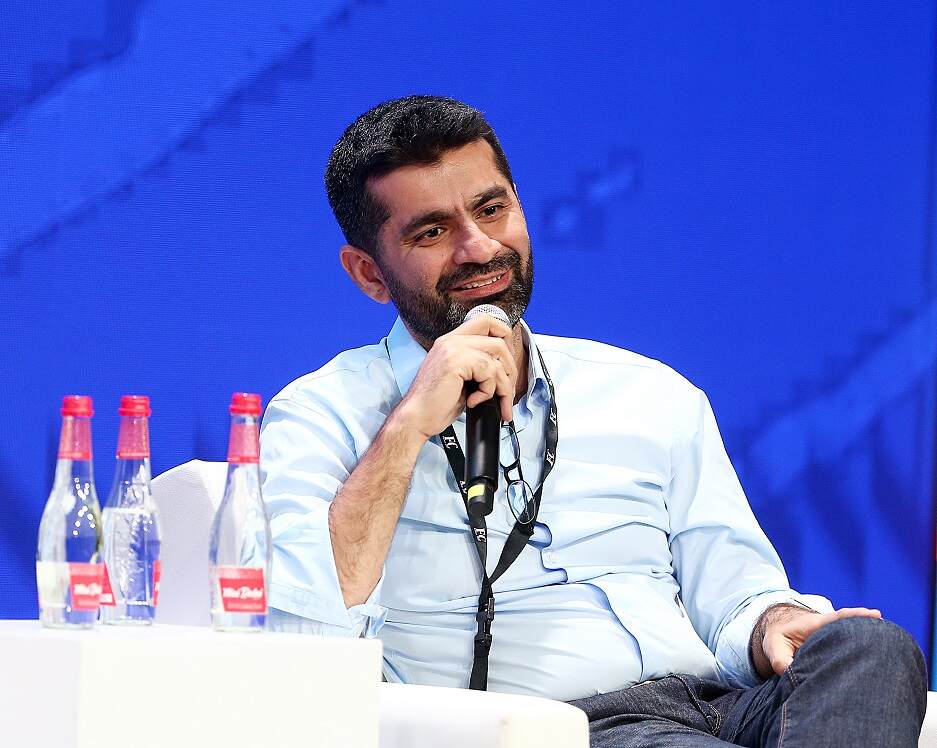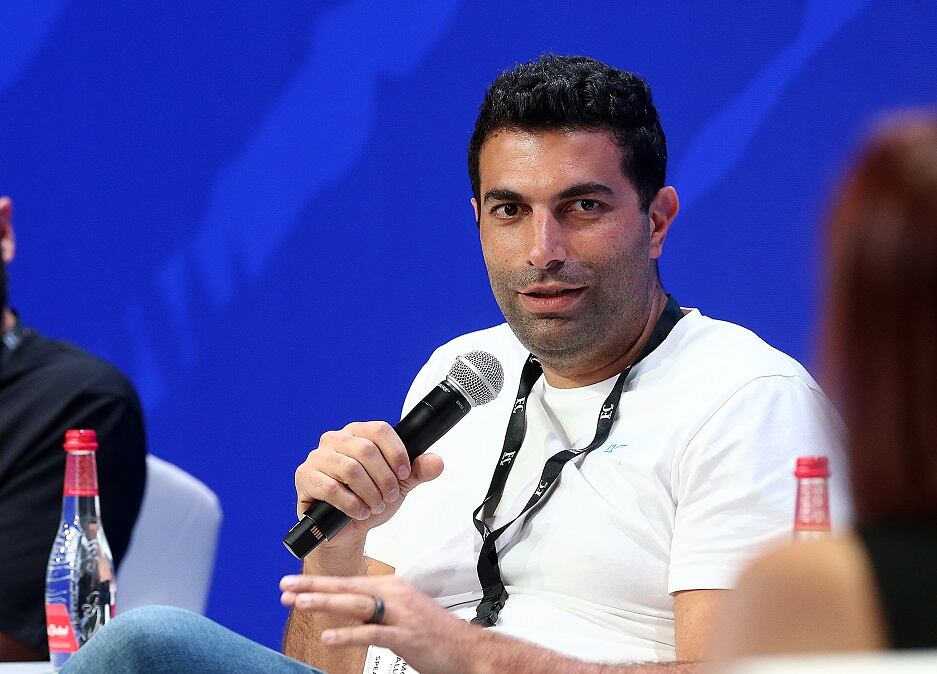- | 9:00 am
Scaling startups in the Middle East requires stronger economics and a growth mindset
Some of the biggest regional startup unicorns share ideas on how the region can evolve into a global startup hub.

The Middle East is becoming a top destination for numerous foreign investors. Startups in the region raised nearly $4 billion in 2022, and the trend continued with $371 million raised in the first nine months of 2023. To establish the region as a global hub for startups, there is a need for increased emphasis on attracting investors, implementing a common regulatory framework, and addressing other essential aspects.
During the second edition of Fast Company Middle East’s World Changing Ideas Summit, three startup unicorns from the Middle East shared their insights on the panel, “Scaling Startups: Does the Middle East Have What It Takes to be a Global Hub?”
Mudassir Sheikha, Co-founder and CEO of Careem, opened the discussion by expressing that he prefers the term ‘enablement’ over ‘disruptive.’ He emphasized that being a first-mover is not necessarily crucial. Sheikha believes substantial enablement is needed in the region, as many aspects still have voids to fill.
Mohamad Ballout, Co-founder and CEO of Kitopi highlighted that the significance of being the first depends on the sector. “I think what makes a big difference is if you are building the first playbook and somehow innovating in your space. Being the first is more challenging because you build your own playbook.”
Mostafa Kandil, CEO of Swvl, sees an advantage in being a second-mover and drawing inspiration from others, provided that the business is localized. “There are players you can learn from setting the standard, which will help you do things better and faster.”
QUICK BUT STEADY
Launching and starting a business is one thing, but maintaining momentum and pivoting are another. Sheikha says that the ability to be nimble and pivot quickly depends on the stage that the startup is at. “When you are small, you can be very close to the customer. When we started our businesses, we talked to customers daily, answering customer service emails. And that very quickly tells you what’s working and what’s not, and then you can start evolving, iterating, and pivoting if required,” he explains.  Mudassir Sheikha, Co-founder and CEO of Careem
Mudassir Sheikha, Co-founder and CEO of Careem
However, there reaches a point where direct engagement with customers becomes challenging as teams are assigned various tasks. At this point, Sheikha emphasizes the importance of having the courage to recognize when something is not working well and making decisive decisions about the direction to take.
“You have to be super close to the business in some shape or form and make some courageous decisions to take a different path.”
Ballout says a key feature of their pivoting journey is discipline. “When you start your business, you probably have a lot of bets you’re taking, and over time, you probably want to take less of these wild bets and know when to start and stop certain things.” He adds that the next step is not to lose hope but to take it as a learning curve.
Similarly, Kandil emphasizes prioritizing crucial tasks, particularly when faced with limited resources. This places pressure on startups to innovate and discern what truly matters.
“You have to be very close to the pulse and understand the signals as they come, whether it’s on the economics, whether it’s on the business model, whether it’s on the customers that you target, and then be able to constantly evolve.”
THE ROLE OF POLICY-MAKERS
Nevertheless, startups may find it challenging to pivot due to resource constraints. There’s a potential for policymakers to play a more significant role in advocating for improved access to resources within the startup ecosystem. In contrast, Kandil and Sheikha argue that policymakers should maintain a hands-off approach. Kandil emphasizes that less government involvement allows startups to experiment, fail, and innovate without regulatory constraints. Mohamad Ballout, Co-founder and CEO of Kitopi
Mohamad Ballout, Co-founder and CEO of Kitopi
Ballout, however, has a different view, stating that going public as a business requires policymakers. “Dubai, in particular, was part of the D33 vision to have 30 unicorns in the coming tenc years. To be able to achieve that, it’s not going to come organically. There’s a lot of things the government needs to do to enable these companies to succeed at an early stage in funding, and regulation improvement is a small part of that.”
SURVIVING THE VC WINTER
Amidst transformations in the startup landscape, the region is also encountering a venture capital winter, posing challenges for startups. Kandil asserts that profitability and having a sustainable plan from day one is essential for startups to weather such periods.
“Being careful of how your economics work, how your P&L shapes up, and having a path, not necessarily being profitable, but always having a path that you can tune up and down based on the environment, is very important.”
Ballout offers a contrasting viewpoint, saying he does not believe a capital raise issue exists in the market. “I think what we saw before was possibly that not the best companies were still funded, and now what’s happening is just the best companies are funded. The companies need to be built with the right economics and growth mindset and then they’ll get funded,” he adds.
Sheikha learned the importance of sequential focus, emphasizing making things happen step by step with funding from each milestone. He advises prioritizing building a quality product over chasing numbers for growth. He suggests that companies should adopt a more growth-oriented and product-focused approach to attract and retain customers organically. Mostafa Kandil, CEO of Swvl
Mostafa Kandil, CEO of Swvl
GOING GLOBAL
Whether the Middle East possesses the elements to become a global startup hub remains an ongoing journey.
Sheikha says that the Middle East 100% has what it takes. “At the very basic level, you need two things to build large platforms, capital and talent.” “Historically, the region has been a net exporter of capital to the rest of the world. Now, much of that capital is being invested internally, so there is no shortage of capital. On the talent front, it is developing internally and just an incredible amount of talent is looking to come to the Middle East.”
Ballout applauds the region’s, specifically the GCC, stability and constant growth mindset. This is the time for startups to build something meaningful and large.”
Kandil agrees but says it depends on where you are in the region.
“If you’re in the GCC, if your markets are here, and if your revenues come from here, then I think you’re in a pretty good place. The GCC has no compromise to being more advanced and I think it will most likely overtake Europe shortly from here.”








































